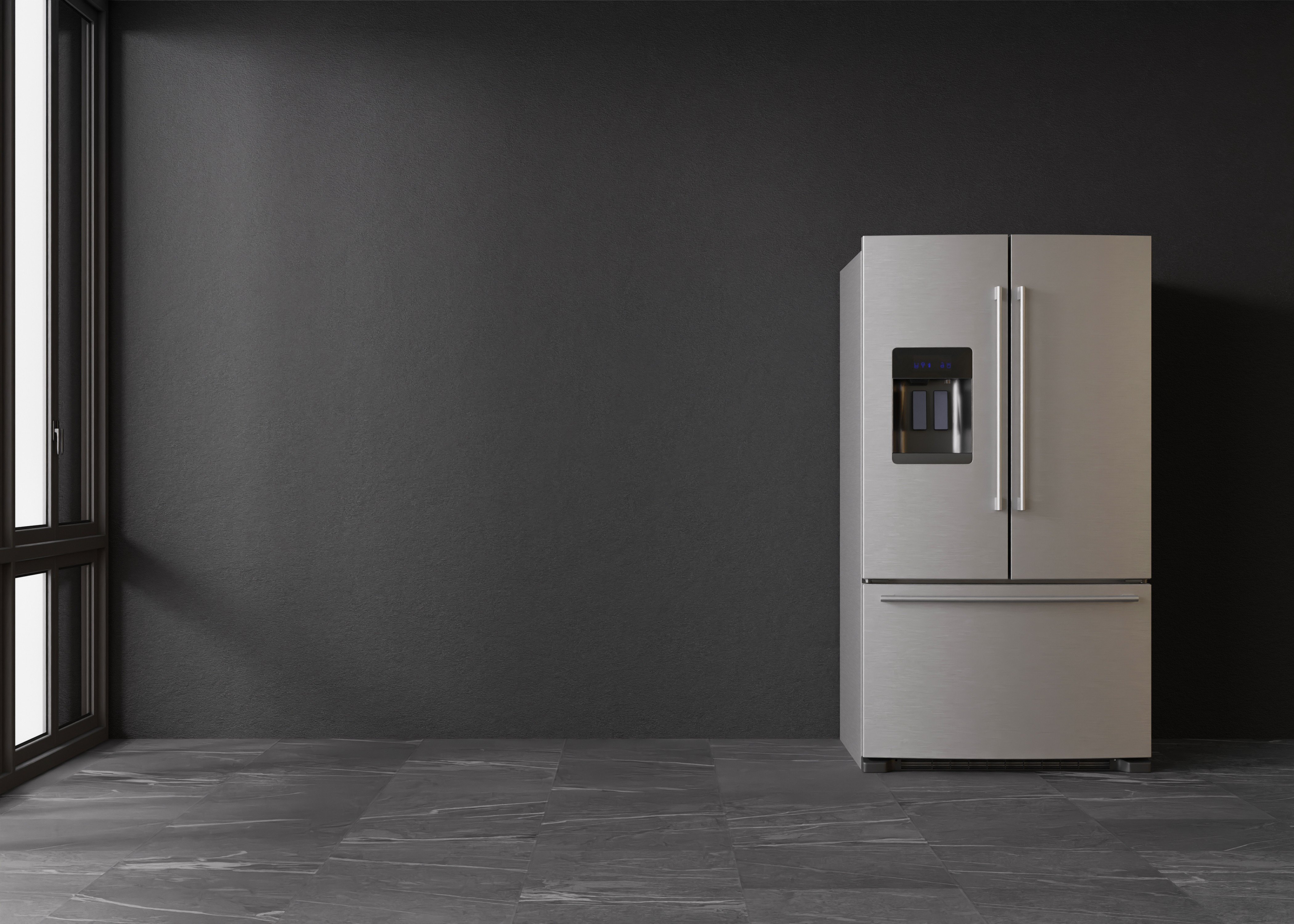How To Outsmart Your Boss On Buy A Fridge
Where to Buy a Fridge: A Comprehensive Guide
Buying a refrigerator is a considerable decision due to its role as one of the most essential home appliances in the home. Fridges come in different sizes, styles, and rate varieties, making the buying procedure possibly frustrating. Nevertheless, comprehending where and how to shop for a fridge can simplify this process. This post aims to explore various opportunities for buying a refrigerator, essential factors to consider, and frequently asked concerns to assist customers make informed options.
Where to Buy a Fridge
When it comes to shopping for a refrigerator, customers have several options. Each avenue offers its own advantages and disadvantages, and knowing these can assist buyers choose the best fit for their requirements.
1. Brick-and-Mortar Retailers
Conventional appliance shops and big-box merchants continue to be popular destinations for refrigerator shopping. These places include:
- Home enhancement shops (e.g., Home Depot, Lowe's)
- Electronics stores (e.g., Best Buy)
- Specialty appliance merchants
Pros:
- Hands-On Experience: Customers can see, touch, and check the fridge.
- Immediate Availability: Many shops use same-day delivery services.
- Sales Assistance: Trained sales staff can provide expert recommendations.
Cons:
- Higher Prices: Retail costs can be steeper compared to online alternatives.
- Limited Inventory: Smaller stores might not bring comprehensive selections.
2. Online Retailers
The web has transformed the way people shop, consisting of for appliances. Popular online alternatives include:
- E-commerce giants (e.g., Amazon, Walmart)
- Manufacturer websites (e.g., Samsung, LG)
Pros:
- Wider Selection: Online shops frequently have a more extensive inventory compared to brick-and-mortar areas.
- Convenience: Shopping can be done from the convenience of home at any time.
- Rate Comparisons: Easily compare prices across different platforms.
Cons:
- Shipping Costs: Delivery charges can add to the total cost.
- No Immediate Gratification: Customers have to wait for shipment.
- Lack of Personal Interaction: No chance to ask direct questions.
3. Storage facility Clubs
Membership-based wholesale merchants, like Costco and Sam's Club, provide fridges at competitive prices.
Pros:
- Bulk Discounts: Membership typically permits cost savings on larger purchases.
- High quality: These shops keep high requirements for the brand names they bring.
Cons:
- Membership Fee: A subscription is needed to shop there.
- Restricted Choices: The stock may not include all brand names or models.
4. Local Classifieds and Marketplaces
Platforms like Craigslist, Facebook Marketplace, and OfferUp enable people to buy utilized or new fridges from regional sellers.
Pros:
- Lower Prices: Often more affordable than retail, especially for utilized items.
- Local Transactions: Easy to view and select up home appliances.
Cons:
- Risk of Quality Issues: Used models can include surprise issues.
- No Return Policy: Typically, sales are last, with no guarantee or guarantee.
Table of Fridge Types and Features
Fridge Type
Best For
Secret Features
Leading Freezer
Budget-conscious buyers
Timeless style, affordable
Bottom Freezer
Easy access to fresh food
Ergonomic style
Side-by-Side
Families with restricted area
Adequate storage and availability
French Door
Gourmet cooks
Design, space, advanced features
Compact
Small areas like homes
Space-saving style
Key Considerations When Buying a Fridge
As customers contemplate where to buy a fridge, numerous factors to consider can assist their decision-making procedure:
Size and Fitting
- Measure the Space: Ensure the fridge fits within designated kitchen area space.
- Door Swing: Account for door clearance and swing radius.
Energy Efficiency
- Look for Energy Star Ratings: This makes sure lower electrical energy costs.
- Comprehend the Long-Term Savings: Energy-efficient models might have greater upfront costs however lower operating expense.
Design and style
- Select a Style: Select ideal styles such as traditional or modern-day according to your cooking area looks.
- Finish Options: Stainless steel, black, and white finishes can impact the overall look.
Price Considerations
- Set a Budget: Determine a costs range before shopping.
- Look for Discounts: Seasonal sales durations typically supply savings.
Guarantee and Support
- Manufacturer's Warranty: Understand what is covered and for for how long.
- Client service: Check scores for producer assistance services.
Often Asked Questions (FAQs)
Q: What is the most energy-efficient refrigerator brand?
A: Brands such as Energy Star, LG, and Samsung are commonly acknowledged for their energy effectiveness.
Q: Is it worth purchasing an utilized refrigerator?
A: It can be, particularly if you are on a tight budget. Nevertheless, guarantee you inspect the home appliance thoroughly for any existing problems.
Q: What is the typical life expectancy of a refrigerator?
A: Most fridges last in between 10 to 20 years, depending upon use and upkeep.
Q: Should I buy a refrigerator online or in-store?
A: This depends upon individual preference. Online shopping offers benefit and selection, while in-store supplies hands-on experience and immediate purchasing choices.
Q: What includes should I search for in a refrigerator?
A: Key features to consider include adjustable shelving, ice and water dispensers, noise level, and smart technology alternatives.
Shopping for a refrigerator doesn't have to be a challenging job. With numerous purchasing alternatives— from brick-and-mortar stores to online merchants and categorized advertisements— consumers can find the best refrigerator that fits their requirements. By considering Gaylene Izumi as size, energy effectiveness, and style, potential buyers are much better equipped to navigate the purchasing procedure. Eventually, whether buying brand-new or used, the goal stays the very same: to improve the cooking area experience with a reliable home appliance that satisfies both practical needs and individual preferences.
